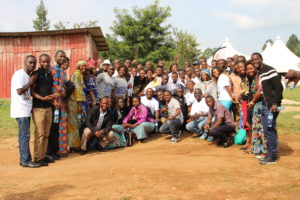
Exactly one month ago, I found myself on a charter plane flying west from Uganda, over some of Africa’s most beautiful and yet most conflicted countryside. A group of us from the U.S. were flying to Beni, in Congo’s troubled North Kivu province, to celebrate the 10th anniversary of Congo Initiative’s Christian Bilingual University of Congo (UCBC), to participate in the university’s seventh graduation, and as a global community, to talk, pray, and strategize about the next steps in our journey together to bring transformation to this part of Central Africa. As we passed over the eastern fringes of the vast Ituri rainforest that defines this region, my thoughts turned to a similar flight almost 15 years ago.
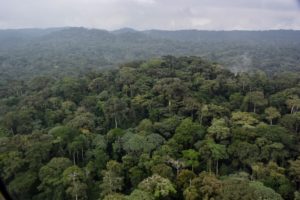
In 2002, the grasslands and rainforest of this area were the setting for a brutal conflict, sometimes described as Africa’s First World War, fought by competing militias and governments over access to, and control, of Congo’s immense resources. This war drew nine African countries into a regional conflagration that cost over five million lives, and that still simmers and flares today. At that time, we were flying into Beni while the United Nations (UN) and other agencies were evacuating nonessential personnel, and as competing militias threatened the security of the city. We were coming to hold an extended consultation with pastors and church leaders, to talk together about responding as God’s people to crisis. Indeed, we were crazy! But that week was transformative.
Those leaders shared with us the desperate condition of their people and communities, described the threats to individuals, families, civil society, and their nation, and considered how they would respond. Daily, at early morning worship and afternoon rallies in the city’s soccer stadium, the crowds of people began to grow. Despite hearing the thump of heavy artillery and clatter of small-arms fire in the distance, and despite the omnipresent heavily-armed child-soldier militias on the city’s streets, Beni’s people worshiped, celebrated, danced, listened to challenging messages, and confronted the forces of violence with an audacious and courageous hope that was irresistible and contagious.
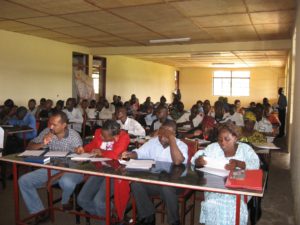
Not long after this, the vision for Congo Initiative (CI) was born as a set of responses to Congo’s crisis, identified through an extensive and deeply-grounded consultative process with those most deeply impacted by Congo’s trauma and suffering. These responses center on educating the next generation, empowering women, equipping Christian communities, engaging current issues, and elevating peace and justice.
And so, in July 2017 and flying yet again into Congo, I considered all that has happened since 2002. The context of eastern Congo in some senses has not changed. While the militias had been largely disbanded, they are reforming and regrouping. Military presence–now the Congolese military and UN peacekeeping forces–is still ubiquitous. More than ever, Congo’s abundant and largely untapped resources draw the attention of the world’s powerful nations and their economic interests. The African proverb, “When elephants fight, the grass is trampled,” plays out daily in the lives of ordinary Congolese who continue to suffer.
And yet, the differences between 2002 and 2017 are remarkable and striking! As our plane approached the green hills that cradle the city of Beni, our eyes were immediately drawn to the white spires of UCBC’s Hope Chapel Tent, a new 750-seat worship, teaching, and community space, an investment and gift from Willow Creek Community Church. It is a powerful and visible symbol of hope and inspiration.
[one-half-first]
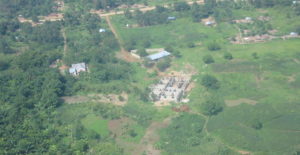
[/one-half-first]
[one-half]
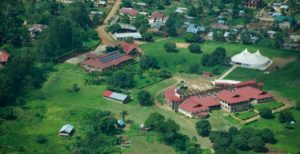
[/one-half]
Over the course of the next week, we heard powerful stories of hope and change. We listened to UCBC students and alumni who are making a difference, preparing and living transformed lives. As individuals and cohort groups they are investing in their country, starting businesses, entering into various professions, serving in private and public sectors, and continuing their education. These young people embody the change they want for Congo.
We also received reports about CI’s various initiatives:
- counseling intervention for traumatized children, women, and men;
- reconciliation work in communities all over northeastern Congo;
- workshops on the ethical practice of business, environmental stewardship, marriage and family relationships;
- women of all ages finding voice, organizing, speaking, and acting on key issues;
cohort groups of lawyers, judges, and legal aides growing jurists’ associations in key regional cities committed to justice and advocacy; - women who had been victimized by violence, learning new skills, finding community, being enabled to provide for and educate their children;
- growing and flourishing primary schools educating and forming Congo’s children.
We participated in multiple planning sessions, where our teams envisioned and mapped strategies and activities that will deepen the shape and outcomes of CI’s work in the light of Congo’s changing context.
And we celebrated! Vibrant Congolese worship led by UCBC’s Ebenezer Chorale and other local musical groups, together with stirring narratives of those impacted by CI and UCBC, shaped two full days of reveling in the new thing God is doing
From the beginning, I was drawn to CI because it was a vision of Congolese Christian leaders to address the challenges of their own context. As one not only born in Congo, but deeply aware of how the wider world has shaped Congo’s history, I want to accompany this group of women and men. CI is one of the most grounded and hopeful responses to Africa’s challenges that I have seen in a lifetime of teaching and practice in international development. There’s nowhere else I’d rather be.
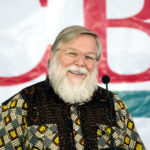
Dr. Paul Robinson is a Co-Founder & Senior Advisor to Congo Initiative and a member of CI’s General Assembly.

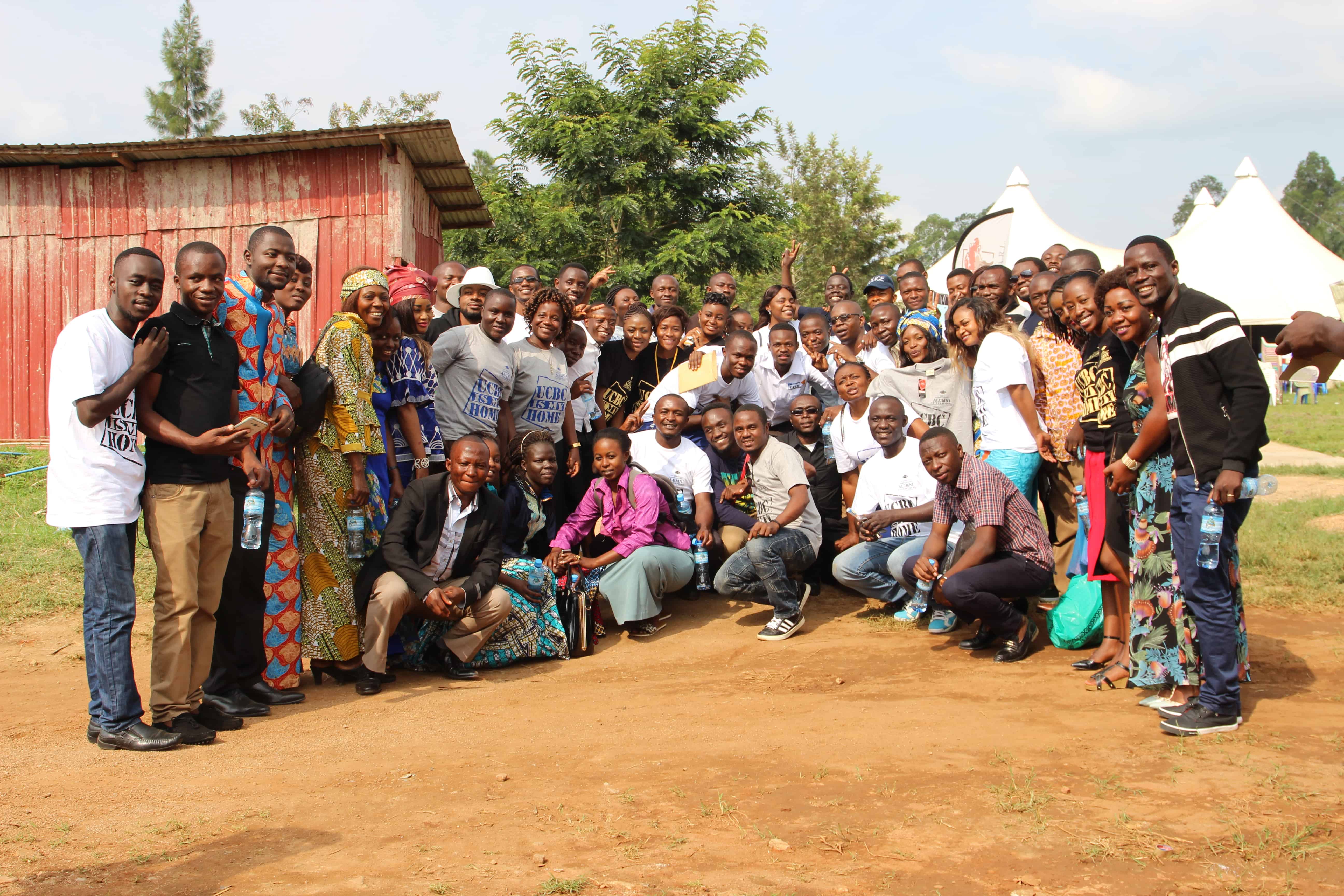
Leave a Reply